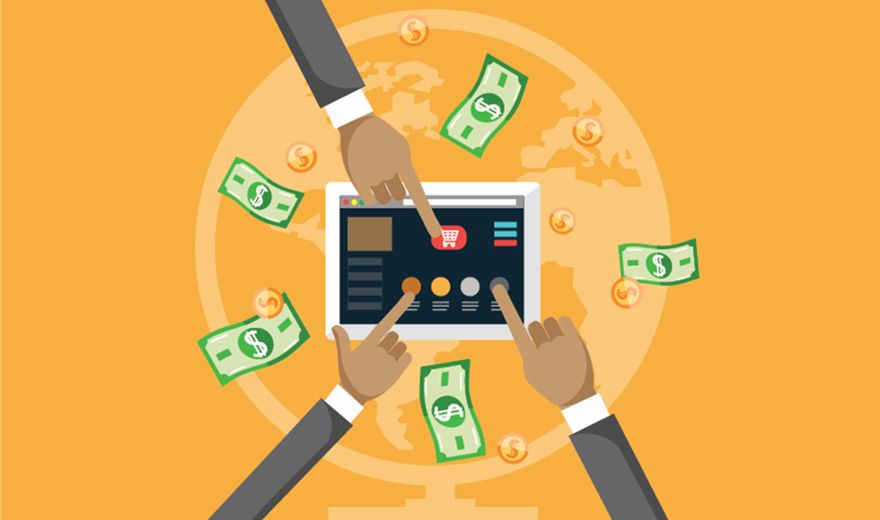
Digital payments are a popular way to pay for goods and services: according to data of CNBC, around 726 billion digital payments will be made in the world by 2020.
However, long-term bank transfers, lack of transparency, and limited opportunities of banks are the main problems of modern digital economy.
Digital payments are being transformed constantly – today blockchain is used to pay for services. Read further in the article how the technology influences payment systems and where blockchain is applied for electronic payments.
Advantages of blockchain for digital payments

Thanks to blockchain, funds can be transferred anonymously and without intermediaries – paying for goods and services is getting easier than through a bank. However, the technology offers some other benefits.
Speed
With standard bank transfers, payments can be pending for several days, as money is sent to an intermediary at first – to a financial institution.
The blockchain technology allows making transfers directly, which significantly speeds up transactions. In such a way, payments are sent within seconds.
Low commissions
Most countries do not regulate blockchain transactions – they have not managed to tax them yet. Besides, commissions within the blockchain network are lower than at banks and intermediary institutions, and sometimes there are no fees at all.
No boundaries
Digital payments on blockchain are carried out irrespective of outgoing and recipient country. Blockchain transactions do not require conversion and are conducted quickly all over the world. Such a system allows making purchases in other countries with no payment difficulties.
Security
Blockchain guarantees high level of security and safety thanks to the cryptographic data encryption. Besides, the technology provides system transparency thanks to the open database, so data is easily verifiable. Moreover, data is recorded in blocks of chain and cannot be changed or deleted.
If banks adopt the technology, they will find it easier to identify users. Thanks to blockchain, personal data is not transferred to third parties and is well protected.
Case studies
The largest financial institutions, payment systems, and commercial companies all over the world are implementing blockchain in their activities.
MasterCard
In November of 2017, MasterCard patented instant payments using blockchain.
The system provides a guarantee to companies that payments for supplied goods and services will arrive to accounts instantly not depending on the location of customers.
Besides, the technology allows storing all the required information about deals including payment amounts, account codes, and guaranty of payment.
Visa
Visa plans to launch its own blockchain service in the first quarter of 2019. The new product called Visa B2B Connect represents a digital identification system for making cross-border payments.
The service will attach a unique cryptographic identifier to bank details, account numbers, and other private data. In such a way, Visa is planning to decrease the fraud level and increase transaction security.
The largest global banks

JPMorgan investment bank together with ANZ and Royal Bank of Canada developed Interbank Information Network (IIN) blockchain platform in 2017, which allows making cross-border payments.
In September of 2018, 75 reputable world-known banks joined the trials of the platform. Members of the project are such financial institutions as Société Générale and Santander among others.
So, digital payments on blockchain are a means of fast and secure money transfers retaining data privacy. The technology significantly reduces the amount of commission and allows making transactions without intermediaries.
Cryptocurrency experts will discuss the blockchain technology and its use in different life areas at Blockchain & Bitcoin Conference Prague.



